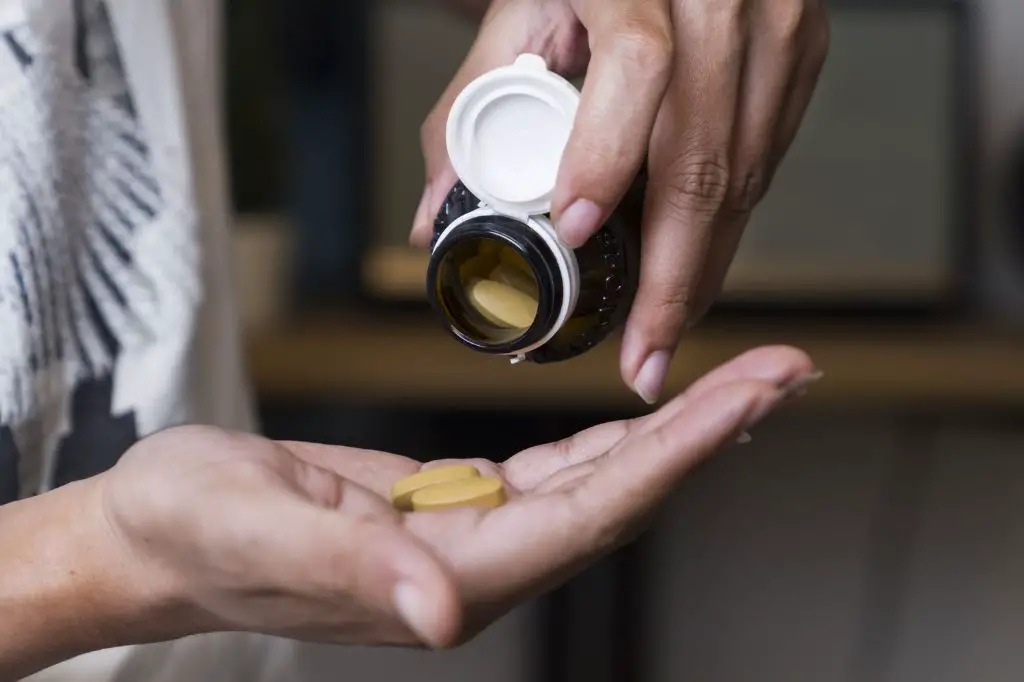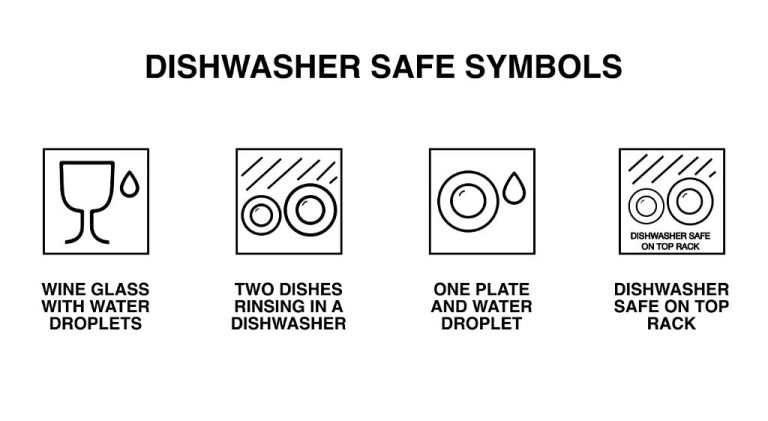Is Tricalcium Phosphate Hazardous?
What is tricalcium phosphate?
Tricalcium phosphate, also known as calcium phosphate tribasic, is a calcium salt with the chemical formula Ca3(PO4)2 (1). It’s commonly used as a food additive and nutritional supplement.
As a food additive, tricalcium phosphate is used as an anticaking agent, stabilizer, dissolution agent, texture modifier, pH adjuster, and firming agent (2). It helps prevent ingredients from clumping and improves texture.
Tricalcium phosphate is also used as a calcium supplement. It provides calcium needed for bone health, muscle contractions, and nerve signaling (3). It is commonly used to help prevent osteoporosis and calcium deficiency.
Safety concerns about tricalcium phosphate
There are some safety concerns surrounding tricalcium phosphate, primarily relating to potential heavy metal contamination, radioactivity, and possible side effects.
Tricalcium phosphate supplements may contain contaminants like lead, arsenic or cadmium if they are not properly purified during manufacturing processes (Carl Roth, 2022) [1]. This can negatively affect the safety profile.
There are also concerns about potential radioactivity in tricalcium phosphate produced from mineral sources. However, one study found the radioactivity levels in several commercial tricalcium phosphate supplements were very low (Serafin et al., 2022) [2].
Some people may experience mild gastrointestinal side effects like constipation, diarrhea, nausea, vomiting or stomach pain from taking tricalcium phosphate supplements, especially in large doses (Medical News Today, 2022) [3]. Those with kidney disease are advised to avoid it.
Regulatory status for food
Tricalcium phosphate has been approved as a food additive by the U.S. Food and Drug Administration (FDA) and is generally recognized as safe (GRAS) when used according to FDA regulations (UL, 2021). It is commonly added to foods as an anti-caking agent, leavening agent, nutrient supplement, stabilizer and emulsifier. The FDA has placed no limit on the amount of tricalcium phosphate allowed in food.
In the European Union, tricalcium phosphate (E341) is also an approved food additive. It is added to food products such as baked goods, dairy products, canned fish, breakfast cereals and spices (El Moussaoui et al., 2023). No safety concerns have been identified when used according to approved levels.
Some countries have more restrictions on tricalcium phosphate in foods. For example, Japan only allows it to be added to select products like chewing gum and dairy products. Several countries have specific purity criteria it must meet as well (El Moussaoui et al., 2023).
Regulatory status for supplements
Tricalcium phosphate is generally recognized as safe (GRAS) by the FDA for use as a dietary supplement and nutrient. The FDA has set the Acceptable Daily Intake (ADI) for tricalcium phosphate at 70mg/kg body weight per day (1). This means that most healthy adults can safely consume several grams of tricalcium phosphate from supplements per day without adverse effects.
The Natural Medicines database provides a recommended maximum daily dose of tricalcium phosphate. For adults 19 years and older, the recommended upper limit is 2.5g per day from dietary supplements. Exceeding this amount could increase the risk of developing hypercalcemia or calcium kidney stones in those predisposed (2).
It’s important to note that the amount of elemental calcium provided by tricalcium phosphate supplements can vary. Consuming high amounts of tricalcium phosphate along with other sources of calcium could lead someone to exceed the Tolerable Upper Intake Level (UL) for calcium, which is 2.5g per day for adults (3).
Sources:
(1) https://www.fda.gov/food/food-additives-petitions/tricalcium-phosphate
(2) https://naturalmedicines.therapeuticresearch.com/databases/food,-herbs-supplements/professional.aspx?productid=1032
(3) https://ods.od.nih.gov/factsheets/Calcium-HealthProfessional/
Research on Side Effects
Some research has explored potential side effects of taking tricalcium phosphate supplements. According to a Medical News Today article, excess calcium from any source can result in side effects like nausea and constipation.

Specifically, high doses of tricalcium phosphate may increase the risk of developing kidney stones. A 2018 review found that while calcium phosphate nanoparticles likely do not pose significant health risks overall, there is some evidence they can accumulate in the kidneys and potentially contribute to kidney stone formation.
Supplemental forms of calcium like tricalcium phosphate can also cause constipation when taken in excess, as the extra calcium draws more water into the colon and forms harder stools. One source notes abdominal pain as a potential side effect as well.
However, these side effects mainly occur when high doses of tricalcium phosphate are consumed. Moderate supplementation within the recommended daily intake levels is unlikely to cause issues for most people.
Cancer risks
There is no conclusive evidence from human studies that tricalcium phosphate increases cancer risk. Some older rat studies from the 1970s and 1980s found that large doses of tricalcium phosphate led to the formation of tumors, but the researchers used extremely high amounts that far exceeded normal human exposure levels.1
A more recent 2-year study on rats found no association between tricalcium phosphate and cancer, even at high doses.2 Overall, the rat studies have major limitations in applying their findings to humans given the exaggerated dosages and biological differences between species.
While some epidemiological studies have linked excess phosphorus intake to a slightly elevated risk of prostate cancer in men, the research is limited and inconclusive. No direct causal relationships have been established.34 More research is needed to determine if tricalcium phosphate could potentially influence cancer risk in humans under real-world conditions.
Alternatives
There are some alternatives that can be considered instead of tricalcium phosphate. Three options include:
Calcium Citrate
Calcium citrate is a commonly used calcium supplement that is absorbed well by the body. It can be derived from citric acid and provides a good source of calcium without the potential risks of tricalcium phosphate (https://www.researchgate.net/post/An-alternative-compound-of-tricalcium-phosphate-ca3po42).
Calcium Carbonate
Calcium carbonate is another form of supplemental calcium that is affordable and widely available. It is found naturally in things like eggshells, snail shells, and limestone. Some research suggests it may be slightly less bioavailable than other forms, but can provide an alternative source of calcium (https://www.ncbi.nlm.nih.gov/pmc/articles/PMC7604753/).
Bone Meal
Bone meal is a powder made from animal bones that contains calcium and phosphorus. It can be used as an organic fertilizer as well as a nutritional supplement. Some people prefer bone meal as a more natural source of calcium compared to purified chemicals (https://www.drugs.com/compare/calcium-phosphate-tribasic).
Tips for safe use
Tricalcium phosphate is generally considered safe when used appropriately. However, there are some tips to follow for safe use:
Follow dosage guidelines. It’s important to not exceed the recommended dosage for supplements containing tricalcium phosphate. Excess consumption may lead to side effects. Consult your doctor or read the product label for the appropriate dosage based on your age and health status.
Consult your doctor if at risk. Speak with your doctor before taking tricalcium phosphate supplements if you have any pre-existing health conditions or are pregnant or breastfeeding. Those with kidney disease, hypercalcemia, or hyperphosphatemia should exercise caution with tricalcium phosphate.[1]
Monitor calcium and phosphorus levels. Your doctor may recommend blood tests to monitor calcium and phosphorus levels if you are taking tricalcium phosphate supplements long term.[2]
Avoid antacid interactions. Take tricalcium phosphate supplements at least 1-2 hours apart from antacids as they can inhibit absorption.[1]
Use sparingly in infants. Tricalcium phosphate may be used in small amounts in infant formula, but excess amounts can lead to hypercalcemia. Breastfeeding is recommended when possible.[3]
The bottom line
Overall, there is little evidence that normal consumption of tricalcium phosphate poses a significant health risk.
Tricalcium phosphate is generally recognized as safe by the FDA and other regulatory bodies when used as an anti-caking agent in foods or as a supplement.
While high doses of phosphate additives can be risky for kidney health, normal dietary intakes are not associated with adverse effects in most people.
The small amounts of heavy metals present are well below hazardous levels and unlikely to accumulate from typical intakes.
Some older animal studies raised concerns about cancer, but human data does not indicate increased cancer rates from food-grade tricalcium phosphate consumption.
For optimal safety, limit over-consumption of highly processed foods with phosphates. Those with kidney disease or at risk should moderate intakes with medical guidance.
Within suggested serving sizes, tricalcium phosphate is considered benign. But as with any additive, moderation and variety is advised.
References
List key sources here. Format your writing in richtext/HTML (make sure every header/paragraph is wrapped in the proper html tags e.g. <p></p>).


